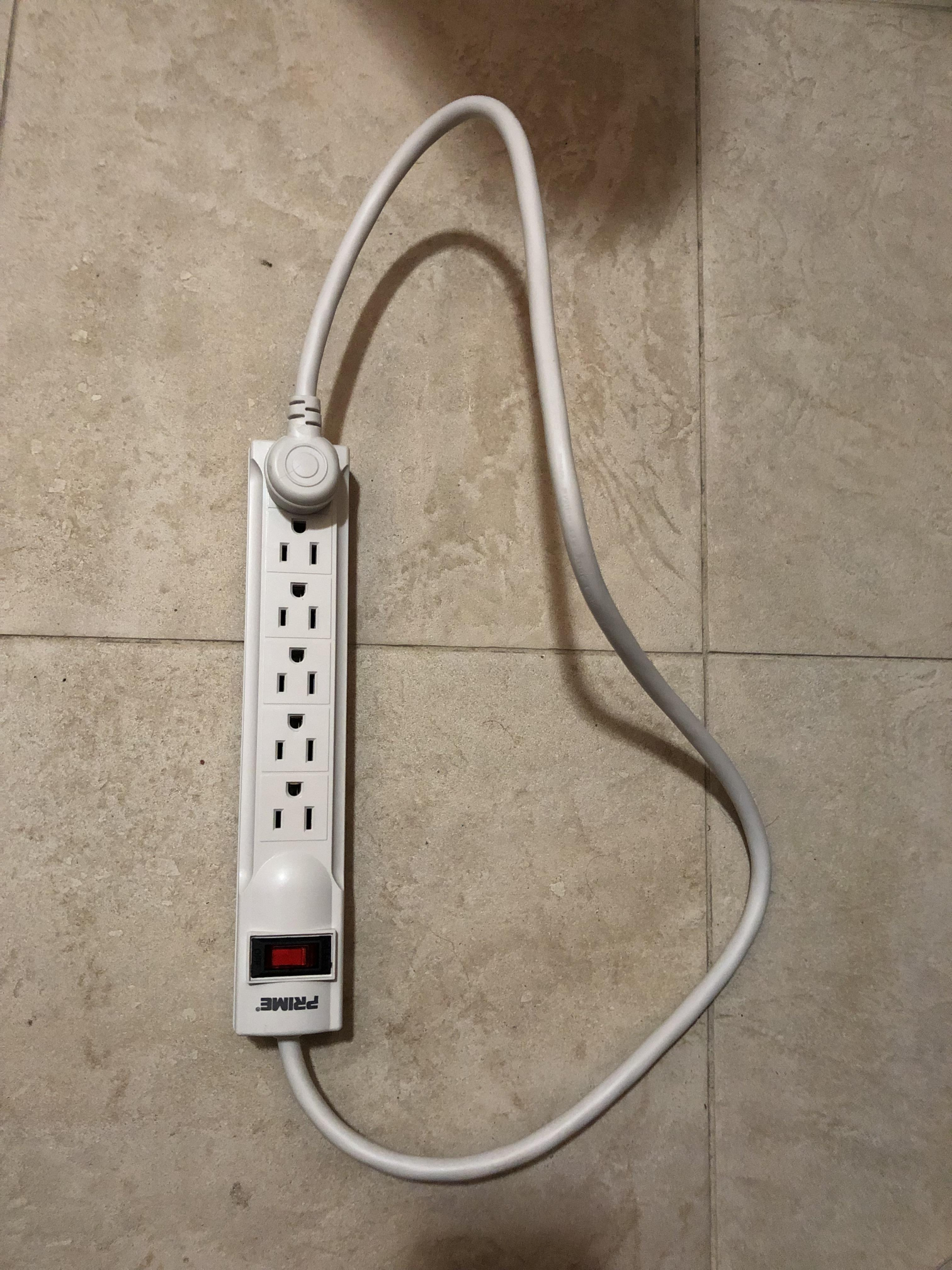this post was submitted on 23 Oct 2023
22 points (89.3% liked)
Apple
17491 readers
97 users here now
Welcome
to the largest Apple community on Lemmy. This is the place where we talk about everything Apple, from iOS to the exciting upcoming Apple Vision Pro. Feel free to join the discussion!
Rules:
- No NSFW Content
- No Hate Speech or Personal Attacks
- No Ads / Spamming
Self promotion is only allowed in the pinned monthly thread
Communities of Interest:
Apple Hardware
Apple TV
Apple Watch
iPad
iPhone
Mac
Vintage Apple
Apple Software
iOS
iPadOS
macOS
tvOS
watchOS
Shortcuts
Xcode
Community banner courtesy of u/Antsomnia.
founded 1 year ago
MODERATORS
you are viewing a single comment's thread
view the rest of the comments
view the rest of the comments
As far as I know not to the same degree? For example I'm pretty sure Apple's efficiency cores don't do speculative execution or at least don't do much of it.
AFAIK the x86 chips mostly just reduce the clock speed don't they?
x86-64 doesn’t need efficiency cores because unlike ARM, it doesn’t care about limiting power draw.
ARM’s main appeal has always been ability to compute with minimal current (I think the first ARM processor consumed no power).
Now that would be some efficiency aight.
I recall something about operating on leak current alone, which is probability where you got that from.
Don't try this at home. You could cause an infinitly powered electro-black-hole.
@Skelectus @ultratiem yes, that happened. It first worked on residual energy from the board it was on. It was a funny accident actually. They forgot to turn on the power supply, but it was working.
That can't be quite right either, as it would be eaten immediately.
I looked it up, most specific I could find is this quote:
Not sure how accurate this is, but the power has to originate from something that is actively powered.